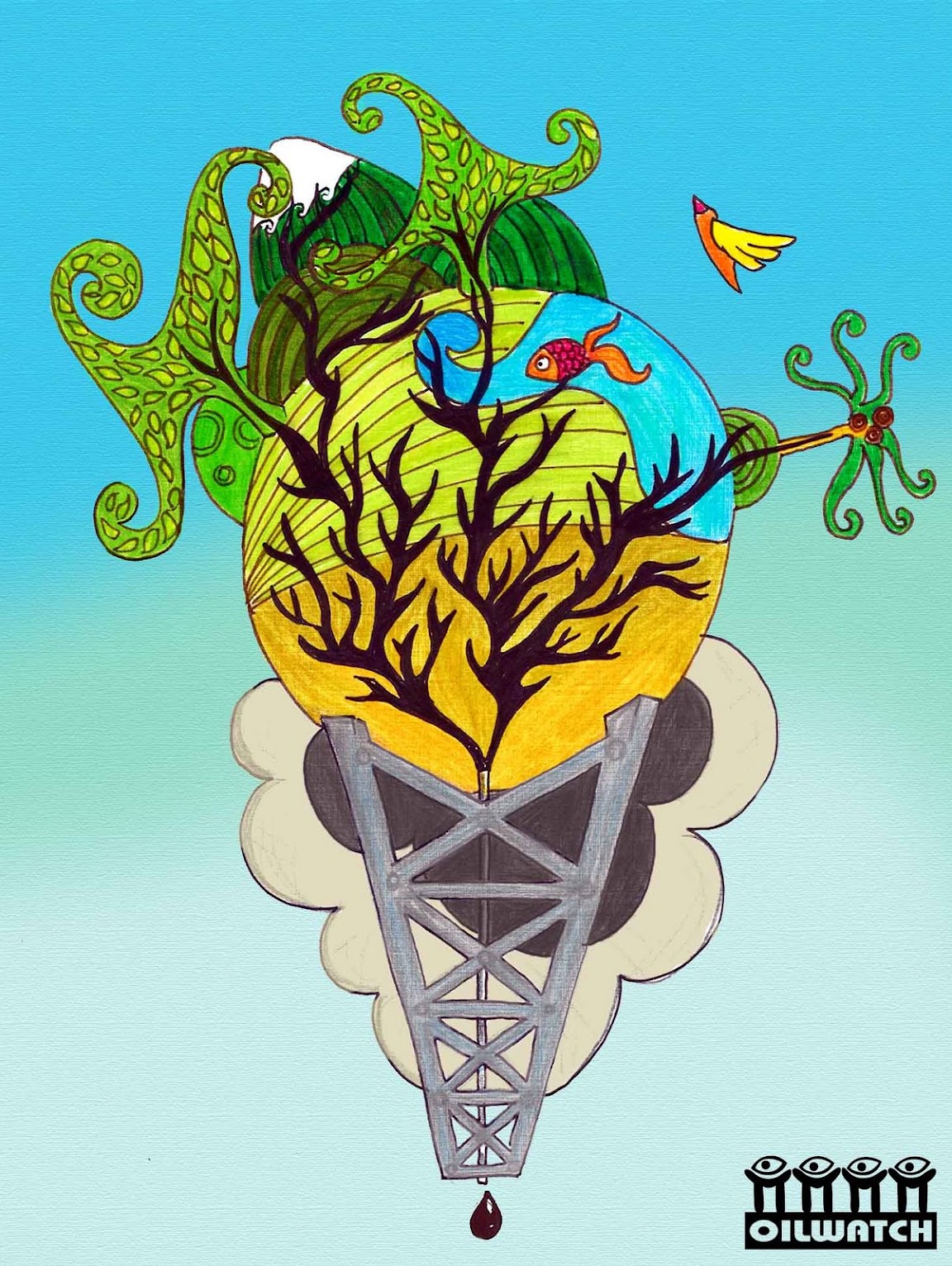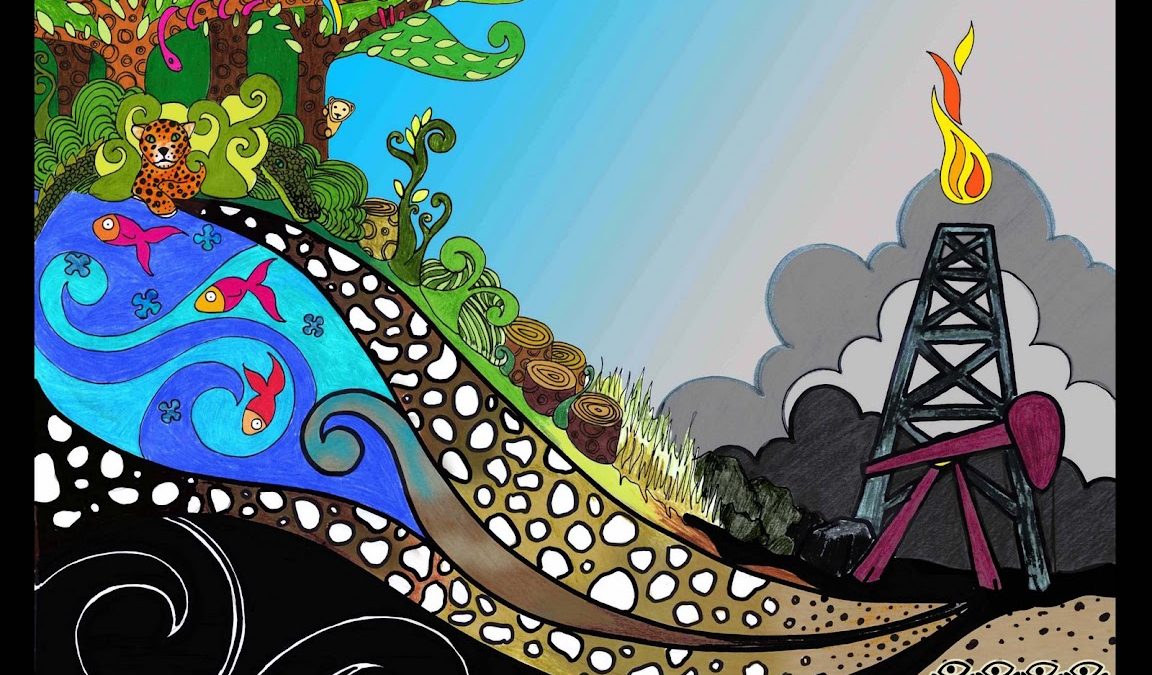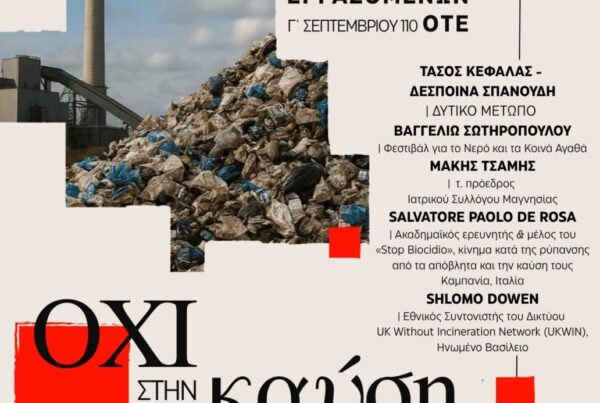A round-table co-organised by Undisciplined Environments will bring together scholars and activists to discuss radical alternatives to dominant climate change mitigation plans.
As climate change mitigation gains centrality in dominant global policy agendas, “transition” has gradually become a green capitalist buzzword. Under the guise of a necessary shift towards a “renewable”, “low-carbon” or “sustainable” economy, a host of extractivist and socio-environmentally destructive plans are being ushered in, from biofuel monoculture plantations and fortress conservation projects, to the unprecedented expansion of industrial-scale, corporate renewable energy projects and mineral extraction for building battery and other technologies.
Such project largely take place in global or national peripheries, affecting disproportionately indigenous and other traditionally marginalised rural communities, while primarily benefiting elite consumption and “decarbonisation” in the global North and other industrial “cores”.
Given the urgency of the ongoing, uneven and combined climate catastrophe, it is imperative that indigenous and peasant communities, radical grassroots organising, and transformative social and climate justice movements, occupy and re-signify the discursive-political space of “transitions”. This round-table discussion invites five speakers from across the academic-activist divide to collectively explore such a challenge.

Credit: Angie Vanessita. Reproduced with permission.
The discussion will be structured around three main questions:
- What are the main critiques we can make from your respective struggles of dominant discourses and plans for addressing energy transitions and tackling the climate crisis “from above”?
- What alternative visions emerge from diverse struggles on the ground, reclaiming and advancing alternative transitions from below, centred on territorial or energy sovereignty, and advancing towards a post-capitalist, post-extractivist, de-colonial and feminist horizon?
- What strategies would allow such diverse struggles – taking place across geographical, political and social divides – to converge with and reinforce each other, in order to articulate a pluriversal, counter-hegemonic movement facing up to racial-patriarchal-colonial capitalism?
The round-table will be introduced and moderated by Gustavo García López (International Institute of Social Studies, Erasmus University Rotterdam – ISS-EUR, and Center for Social Studies, Coimbra) and Diego Andreucci (ISS-EUR).
The event is part of the activities of the Prince Claus Chair in Equity and Development programme, and is organised in collaboration with the Undisciplined Environments collective.
Speakers:
- Tatiana Roa Avendaño (CENSAT- Agua Viva, Colombia & CEDLA, University of Amsterdam)
- Daniel Chávez, Transnational Institute, Amsterdam
- Marina Weinberg, “Worlds of Lithium”, ERC (StG19 No. 853133), University of Amsterdam & Instituto de Arqueología y Antropología San Pedro de Atacama, Universidad Católica del Norte, Chile.
- Teresa Borasino, Fossil Free Culture NL
- Selçuk Balamir, Shell Must Fall & University of Amsterdam (TBC)
Date and time
Wednesday 15 June, 2pm – 4pm Central European Time.
Zoom link
https://videoconf-colibri.
Venue
Aula B, ISS Building. Kortenaerkade 12, Den Haag, Netherlands. For those joining in person, the event will be followed by a drink and tapas reception at the Butterfly Bar at ISS.






